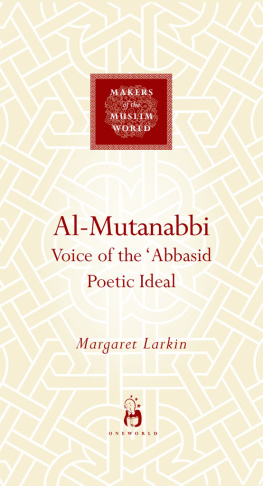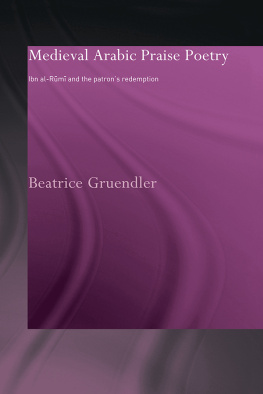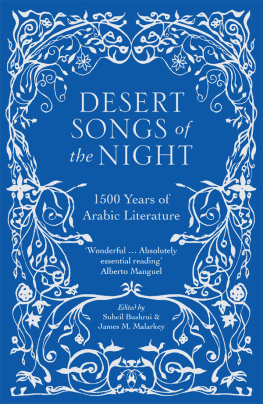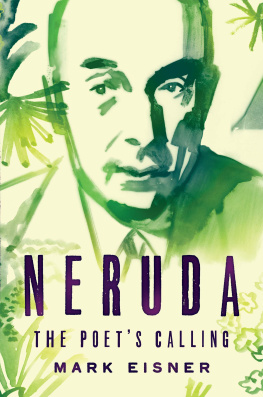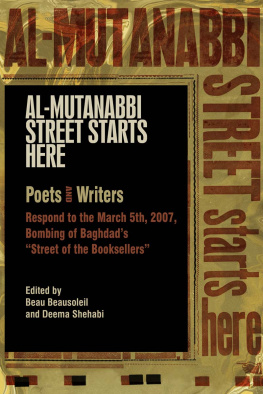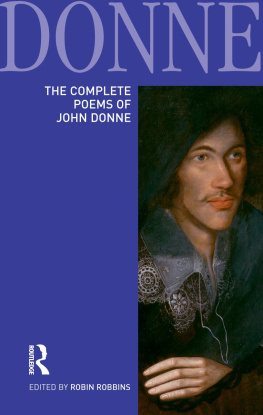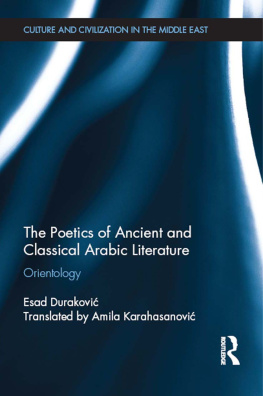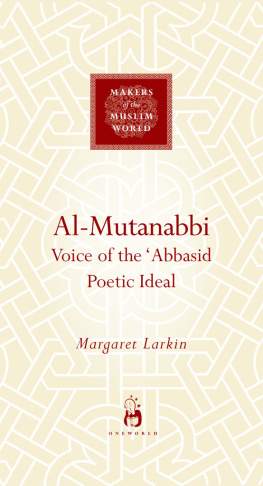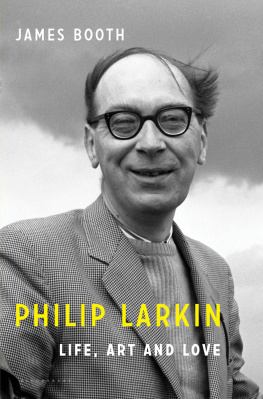Al-Mutanabbi
SELECTION OF TITLES IN THE MAKERS OF THE MUSLIM WORLD SERIES
Series editor: Patricia Crone,
Institute for Advanced Study, Princeton
Abd al-Malik, Chase F. Robinson
Abd al-Rahman III, Maribel Fierro
Abu Nuwas, Philip Kennedy
Ahmad ibn Hanbal, Christopher Melchert
Ahmad Riza Khan Barelwi, Usha Sanyal
Al-Mamun, Michael Cooperson
Al-Mutanabbi, Margaret Larkin
Amir Khusraw, Sunil Sharma
El Hajj Beshir Agha, Jane Hathaway
Fazlallah Astarabadi and the Hurufis, Shazad Bashir
Ibn Arabi,William C. Chittick
Ibn Fudi, Ahmad Dallal
Ikhwan al-Safa, Godefroid de Callatay
Shaykh Mufid,Tamima Bayhom-Daou
For current information and details of other books in the series, please visit www.oneworld-publications.com

AL-MUTANABBI
Published by Oneworld Publications 2008
This ebook edition first published in 2013
Copyright Margaret Larkin 2008
All rights reserved
Copyright under Berne Convention
A CIP record for this title is available from the British Library
ISBN 9781851684069
ebook ISBN 9781780742069
Typeset by Jayvee, Trivandrum, India
Oneworld Publications
10 Bloomsbury Street
London WC1B 3SR
England
www.oneworld-publications.com
Learn more about Oneworld. Join our mailing list to find out about our latest titles and special offers at:
www.oneworld-publications.com
FOR MY PARENTS, ORIGINAL AND SURROGATE
PREFACE
E ven al-Mutanabbi, renowned for his pride, ambition, and inflated aspirations, would have to acknowledge that time has given him his due. Few, if any,Arab poets work has survived to be celebrated so long and by so many as the work of this tenth-century poet, generally acknowledged to be the last of the great poets in the classical Arabic tradition, and considered by some to be the greatest Arab poet. Born too late to participate in the grand literary efflorescence of imperial Baghdad during the eighth and ninth centuries, Abul-Tayyib al-Mutanabbi (d. 965 CE ) assimilated the prevailing strains of the Arabic poetic corpus and distilled them in an oeuvre that would, for centuries, remain the model for Arab poets composing in the classical style. Among them were scores of poets in Islamic Spain from the tenth to the fourteenth centuries, who strove, Arabs and Jews alike, to emulate what they saw as the culmination of classical Arabic poetic culture. Those among them who excelled at their craft became known as the Mutanabbi of the West. Modern poets writing in Arabic have continually invoked not only al-Mutanabbis poetry but also his person as inspiration for their own verse and sense of identity as poets and have continued to refer to him, in the fashion of his eleventh-century successors, simply as the poet. For them, his irrepressible personality and defiant individuality, which reshaped a poetry hemmed in by the constraints of convention would become the seed of artistic and psychological liberation that helped prepare the way for modernist Arabic poetry. More intriguing still, given the cavernous split between high Arabic and its elite literature on the one hand, and the vernacular dialects with their popular expression on the other, is the fact that al-Mutanabbis verses have become woven into the fabric of everyday Arab life and are regularly quoted not only by aficionados, but also by more modestly educated people. An anecdote related by one of my former teachers, the late Professor Jeanette Wakin, in a graduate seminar at Columbia University, helps to convey the kind of power al-Mutanabbis poetry holds in Arab culture, even today.
Jeanette (RIP) was an American-born child of Lebanese immigrants to the U.S. Like most immigrants, Jeanettes parents were keen to see their children prosper in their new country, and so when they found their daughter spending all her time on Arabic and Islamic studies, they were a little concerned about her future prospects, and her father did his best to re-direct his daughters interests toward a more obviously promising career. He repeatedly asked her what she was going to do with all this Arabic, where it was going to get her, what kind of a job it would equip her for, and, try though she might, she was unable to convince him of the worth of her interests until one day she decided to memorize a few verses of al-Mutanabbis poetry. The next time her father questioned her choice of studies, Jeanette did not try to reason with him or explain her choice, she simply recited the poetry for him, and watched as her fathers eyes welled up with tears. The pragmatic immigrant, who had never been at a loss for arguments against the study of Arabic, fell silent and never again questioned his daughters career path or her dedication to Arabic studies.
That is the emotional power that al-Mutanabbis poetry has always had over speakers of Arabic. Both for privileged members of the educational and cultural elite, and for ordinary citizens with a more modest mastery of the Arab cultural tradition, the many gnomic verses sprinkled throughout the poets oeuvre punctuate the events of their daily lives and seem eloquently to sum up the essence of lifes struggles and emotions. Considered by many to represent the quintessence of Arab culture, al-Mutanabbi and his poetry have been the focus of numerous popular modern plays, and the poet even became the subject of an Iraqi television series in 1984. In 2001, the Baalbek International Festival in Lebanon (a world-renowned music festival, featuring Arab as well as western music and dance), which attracted over 40,000 people that year, opened with a musical Abu Tayeb al-Mutanabbi by Mansour Rahbani, one of Lebanons best-known musical artists, which featured some hundred dancers and performers.
Al-Mutanabbi and his poetry have been extensively studied, especially by Arab scholars. Kurkis and Mikhail Awwads extensive bibliography of editions, translations, and studies of al-Mutanabbis poetry, Guide to the Study of al-Mutanabbi, covers over four hundred printed pages. Works such as Taha Husayns With al-Mutanabbi and Mahmud Shakirs Al-Mutanabbi (by two of the leading literary scholars in the Arab world) are works of seminal importance for understanding not only al-Mutanabbis poetry, but also the rich operations of intertextuality in the Arabic literary tradition. Among studies in western languages, Rgis Blachres 1935 Un Pote arabe du IVesicle de lHgire (Xesicle de J.-C): Abou t-Tayyib al-Motanabbi stands out as a masterful combination of biography and literary history. More recent works, which are listed at the end of the book in Suggestions for Further Reading, have built on Blachres foundation to add more in-depth historical and textual analysis to the communal stock of al-Mutanabbi studies. This work is the offspring of this communal legacy, on which it gratefully relies. More commentaries exist on al-Mutanabbis Diwan (Collected Poetry) than on probably any other poet in the Arabic poetic tradition. Citations in the present text are to the commentary by al-Wahidi (abbreviated as W.) (d. 1075 CE ), which presents the poetry in chronological order. The poems themselves, which in Arabic do not carry actual titles, are referred to, as they are in the Arabic, by the initial phrase of the first line. Since space limitations preclude the inclusion of entire odes in this work, poetry citations are usually limited to brief sections of much longer works that serve to illustrate the stylistic features under discussion. A number of modern scholars, including A.J. Arberry, Rgis Blachre, Andras Hamori, Geert Jan van Gelder, James Montgomery, Suzanne Stetkevych, Julia [Ashtiany] Bray, and others, have translated poems by al-Mutanabbi, most in the context of studies of his work. I have made use of these in producing my own translations, sometimes adopting them almost verbatim. These sources are all listed in the Suggestions for Further Reading at the end of the book, and readers seeking lengthier poems in their entirety are urged to consult them.

